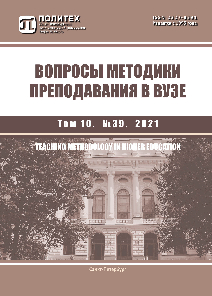Denglish inclusions in social media: the case study of internet discourse
The article considers Denglish as the sociolinguistic language formation in line with the footing of World Englishes paradigm. Using the methods of comparative-historical linguistics, the authors outline the sociolinguistic factors of the formation of the modern linguistic situation in Germany and describe the changes in the German language associated with the influence of the English language. The attitudes of Russian (Lev Scherba) and foreign (Dieter E. Zimmer) scholars towards linguistic purism are cited, the theoretical tenets of researchers working with the concepts of ‘code switching’ (P. Muysken, C. Myers-Scotton, U. Weinreich) and ‘World Englishes’ (E.W. Schneider, B.B. Kachru, Z.G. Proshina, L.A. Devel) are highlighted and reframed. The purpose of the article is to analyze the phenomenon of code switching in the German social media discourse in Twitter; for this purpose, terminological coinage "denglish inclusions" is introduced and grounded. The work is novel in that formal (structural) and functional features of Denglish inclusions are analyzed and juxtaposed, since discourse analysis involves the examination of both linguistic and extralinguistic (communicativepragmatic and cognitive) factors. As a result of the research, the interconnection between the speech intention and the structural type of code switching is revealed.



